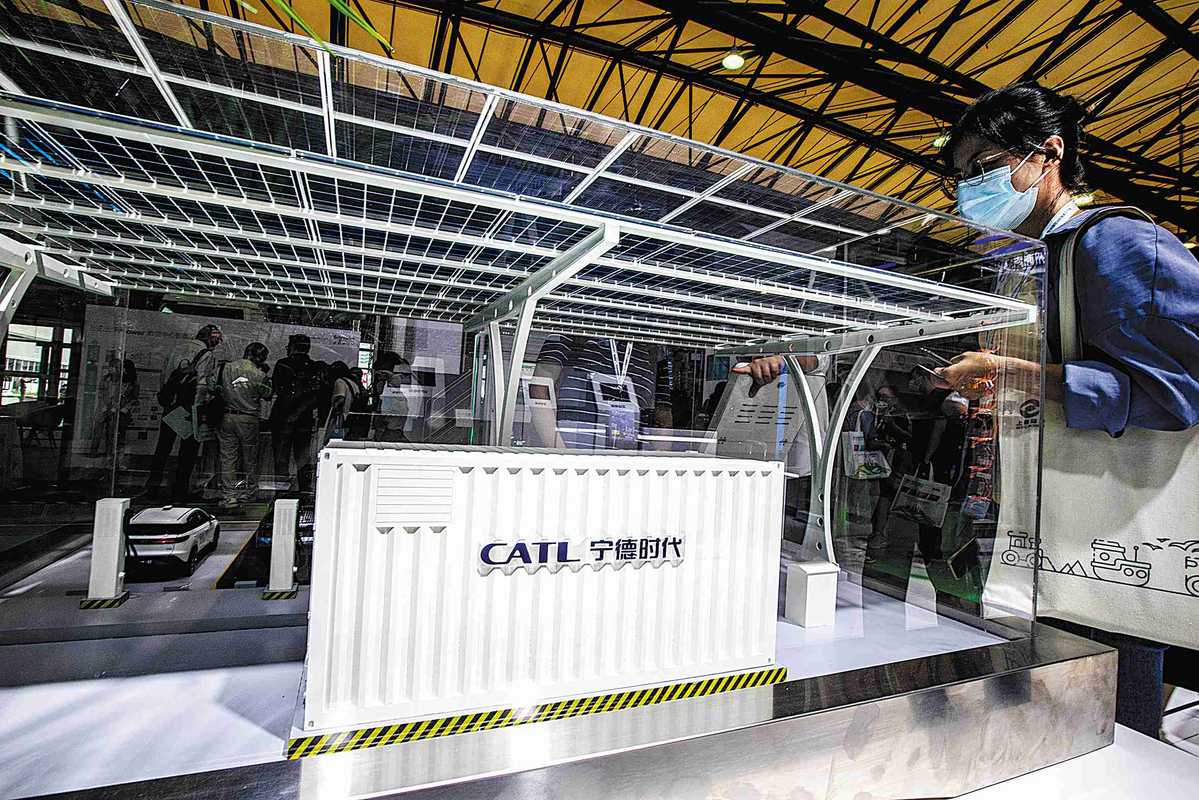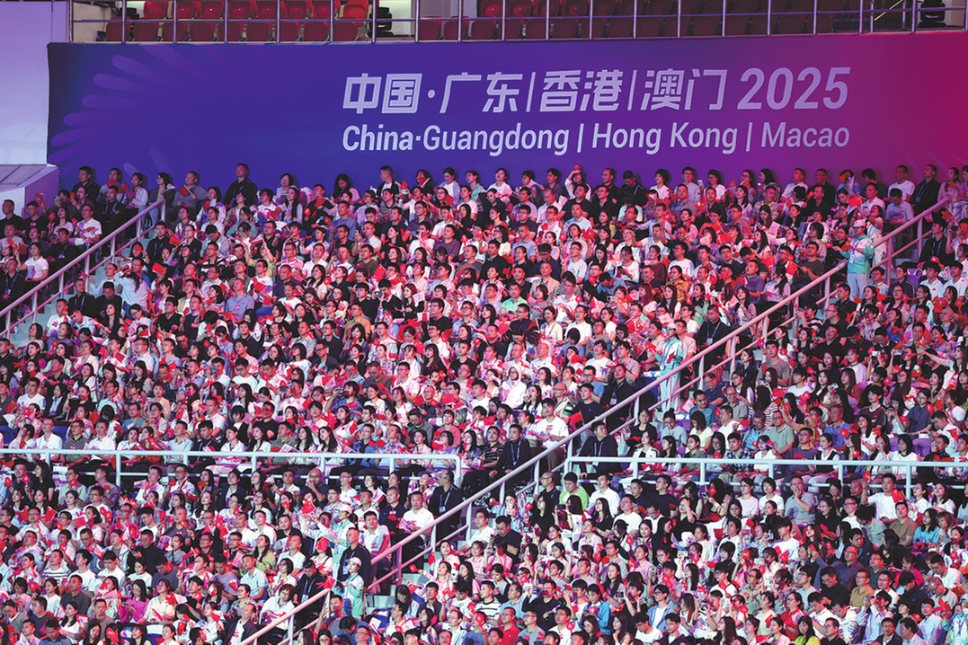Raw material costs push up market price of power batteries
By CAO YINGYING | China Daily | Updated: 2021-11-01 09:33

Chinese battery suppliers are raising prices as a result of the surging demand for new energy vehicles and a continuous rise in raw material prices.
Last week, Chinese electric vehicle and battery maker BYD reportedly it will raise battery prices by at least 20 percent, effective from Nov 1.
China's second-largest battery supplier said in a statement that the price increase is due to market turbulence, several regions have imposed curbs on industrial output and electricity usage, and a substantial increase in the production cost of lithium.
Compared with last December, the prices of lithium cobalt oxide for cathode materials-key to producing EV batteries-rose more than twice and electrolytes up by more than 150 percent. Including a supply shortage of anode materials, the costs of BYD significantly increased.
Data released earlier this month by the China Automotive Battery Innovation Alliance showed that BYD's installed power battery capacity in China was 14.73 gigawatt-hours over the first three quarters of this year, with a 16 percent market share. It followed China's largest battery supplier, CATL, with 46.79 GWh of installed capacity in the same period.
BYD is not the only company to raise battery prices. In October, Ganfeng Lithium issued a price adjustment notice that the unit price of the company's full range of metal lithium products is increasing by 100,000 yuan ($15,500) per metric ton from November.
Gotion High-tech, Guangzhou Great Power Energy and Technology Company, Far East Battery and many other battery suppliers have posted similar notices recently.
Roy Lu, a senior industry analyst, said the price rise will narrow NEV profitability and lead to a risk of battery supply suspension for lower-priority car companies. This will affect the manufacturing and delivery of new cars. Some NEV companies may raise vehicle prices, which could affect sales.
"While price increases can ease current earnings pressure, it can also affect customer relationships and businesses," Lu said.
He forecast that the prices of raw materials will still show an upward trend until the first half of 2022 and price adjustments may become common during this period. However, raw material supplies and prices will be eased by the second half of 2022 and the prices of batteries will fall back, he predicted.
Yang Hongxin, president of Svolt Energy, said in August that there is no way to deal with the raw material price increase in the short term, which is led by market behaviors. The capacity gap in power batteries is around 30-50 percent.
Yang predicted that power battery capacity will be in short supply until 2025.
With surging demand for NEVs, a high battery manufacturing capacity is required. In May, the International Energy Agency said in a report that by 2030, global lithium and cobalt supply could meet only half of their forecast demands. Copper production could fall 25 percent short of consumption levels.
BloombergNEF forecast that global lithium consumption will grow fivefold by end of this decade.
Supplies are expected to be so tight that it is sparking a wave of deal-making. A number of lithium miners are among acquisitions announced in recent months. They include CATL, which in September agreed to acquire Canada's Millennial Lithium Corp in an all-stock cash deal worth $302.33 million to help the battery giant secure key resources for its long-term development of NEVs.
On Oct 20, Ganfeng Lithium announced its acquisition of 8.58 percent of shares in Litio Minera Argentina from International Lithium Corp through its wholly-owned subsidiary Ganfeng Lithium Netherlands for $13.17 million.
Zijin Mining, one of China's biggest gold and copper producers, announced earlier this month it would buy Canada's Neo Lithium Corp for 4.94 billion yuan, as part of its efforts to expand mining resources abroad.
























